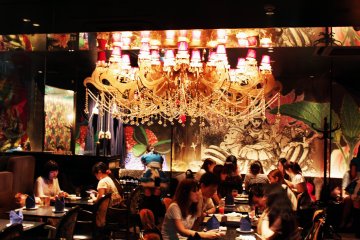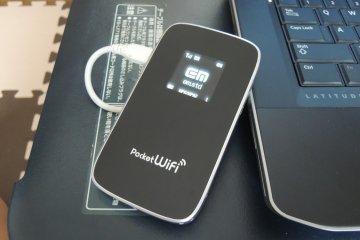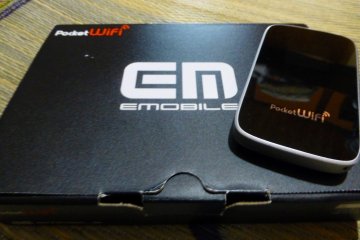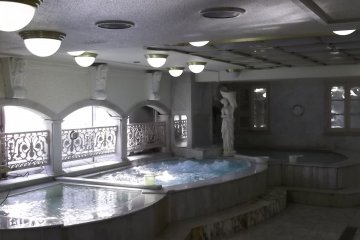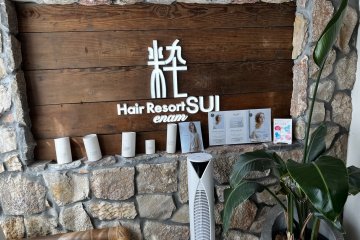A Japanese head spa is a popular option along with hair treatments. Both head massages and hair treatments pursue a healthy outcome, but the difference is that a head spa improves blood circulation as well as reduces muscle stiffness, relaxing the whole body. As beauty salons are more frequented than barbershops in Japan; a head spa at a beauty salon is a popular choice for men and women.
Kill two birds with one stone
Today's beauty salons are not just about getting your hair cut and/or colored; they are places to refresh your scalp and mind simultaneously. Hair Resort Sui in Tokyo's Shinjuku Ward is one beauty salon that has qualified massage therapists. Sui has a few options to enhance your hair. One is called a Cream bath which is derived from Indonesian beauty rituals, using a scalp massage with hot cream to increase circulation and decrease muscle stiffness.
Another method that uses carbonated water is called To-shin-yoku 頭浸浴 which is release carbon dioxide onto your scalp when carbonated water runs and helps to balance the scalp's pH.
According to one massage therapist at the store, some customers come to the beauty salon once a month to take a cream bath. All you need for a cream bath at Sui is 40 minutes of your time. If you don't have time for a 40- minute treatment, then To-shin-yoku is for you. It takes only 10 minutes to enrich your hair. All genders are welcomed at Hair Resort Sui.

One thing to note is that there aren't many hair salons that have bilingual staff. When it comes to Sui, there are no English speakers or English menus either. Of course, it is possible to get your hair cut or colored by hand gestures or using a translation machine. However, it is more of a challenge to take a head spa without communicating in Japanese as the staff needs to make sure everything is alright.
Things that beauty therapists would ask you while you are there:
Shower time. The first thing staff might ask you is if the shower temperature is good for you.
"How is the shower temperature? is it too hot or cold?", translated as "Oyu no ondo ha ikaga desuka? お湯の温度はいかがですか?
- If you are fine, say "daijobu desu."
- If it's too hot, say "atsui desu. Ondo wo sagete itadake masuka?", translated as "it's hot, can you turn the temperature down, please?"
- If it's too cold, say "tsumetai desu. Mousukoshi atsuku shite itadake masuka?", translated as "It's cold. Can you turn the temperature up a bit, please?"
When shampooing and massaging. They would ask you if the pressure is comfortable for you.
"How is the pressure? is it too hard or soft?", translated as "Chikara kagen ha ikaga desuka?" 力加減はいかがですか?
- If you are fine, say "daijobu desu."
- If it's too hard, say "itai desu. Sukoshi yasashime de onegai shimasu.", translated as "it hurts. Could you please scrub/ push a bit softer?"
- If it's too soft, say "Sukoshi tsuyoku onegai shimasu.", translated as "Please do it a bit harder."
Learn more
To learn more about this rejuvenating beauty practice, check out our Ultimate Guide to Japanese Head Spas in Japan.



